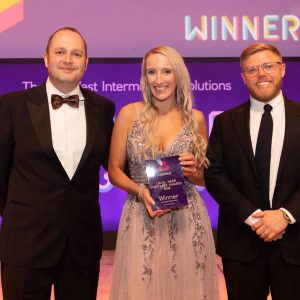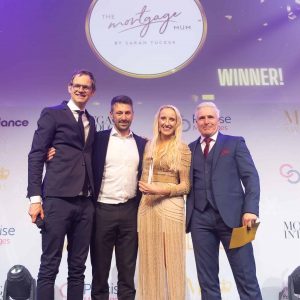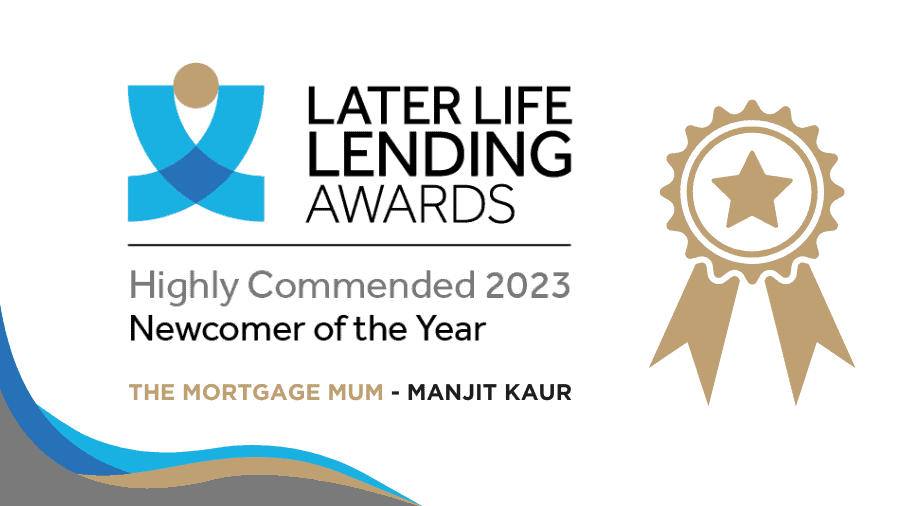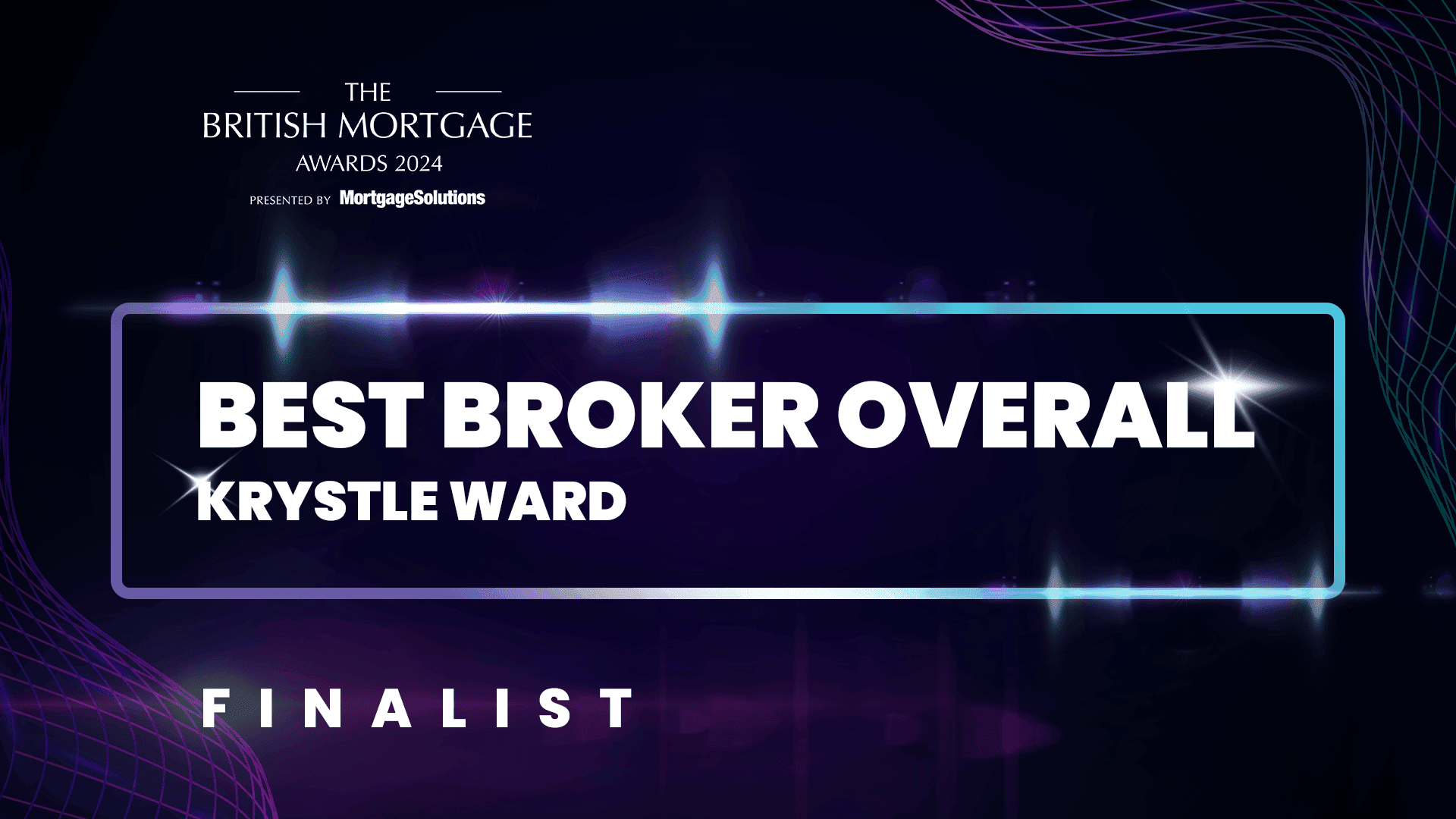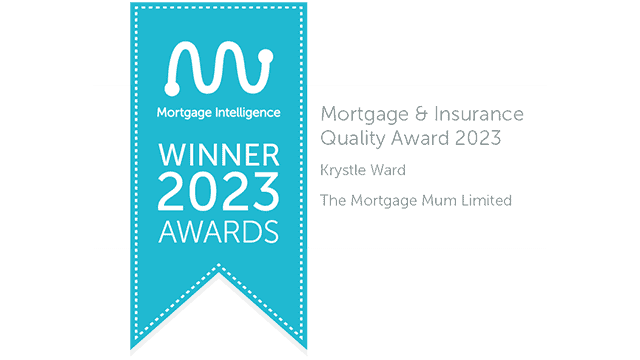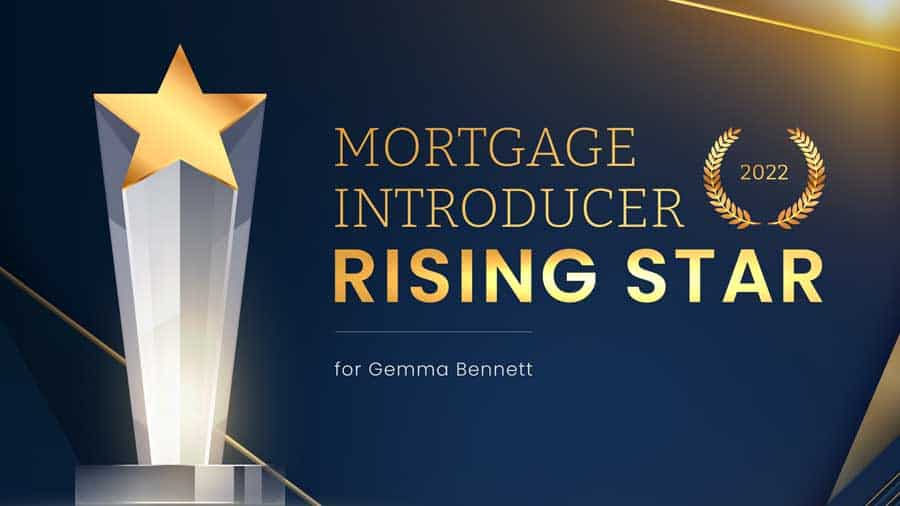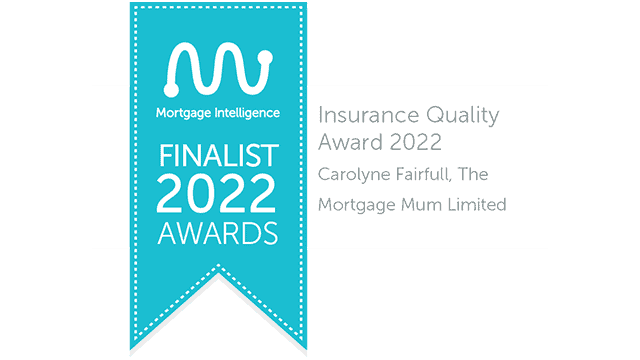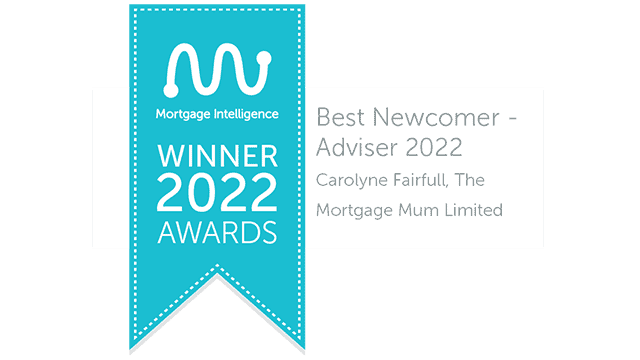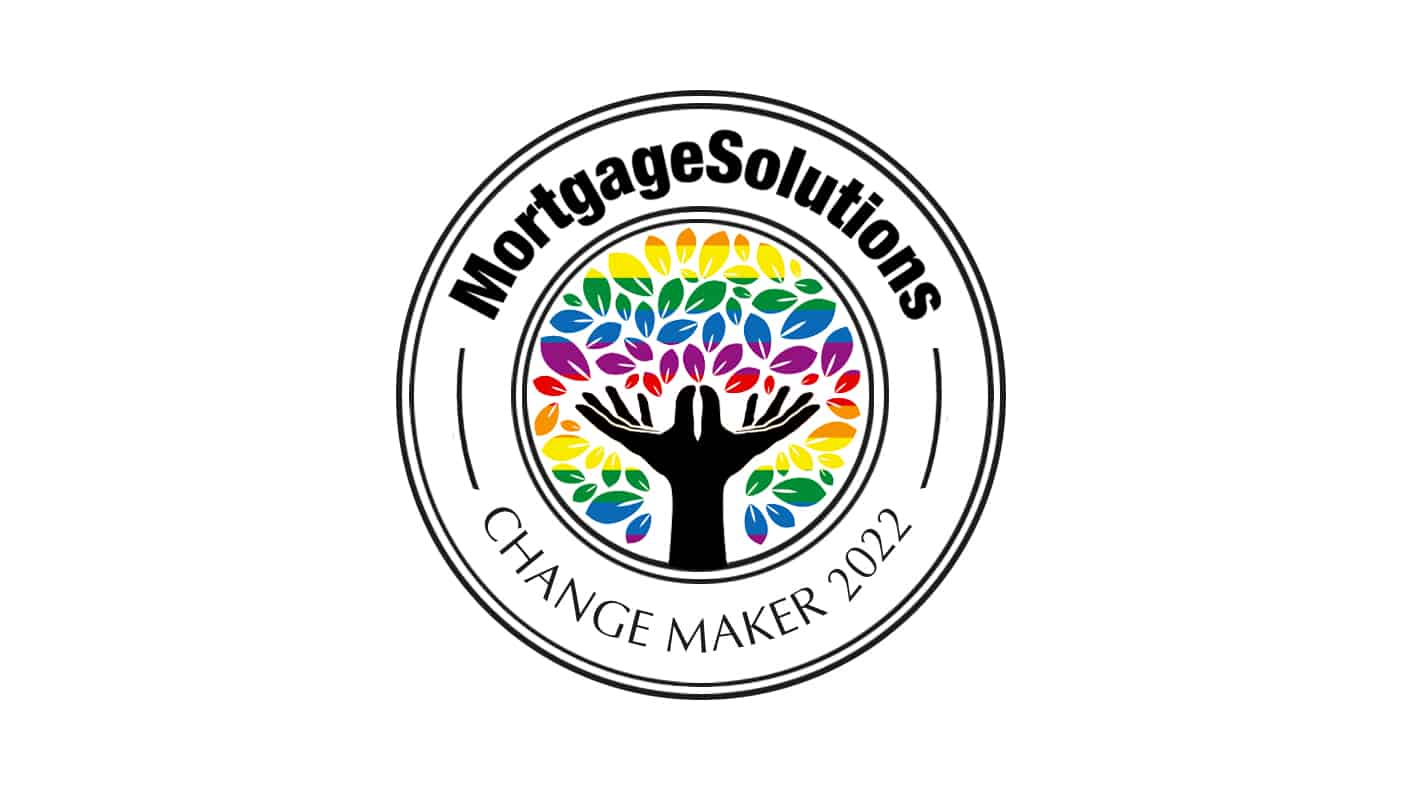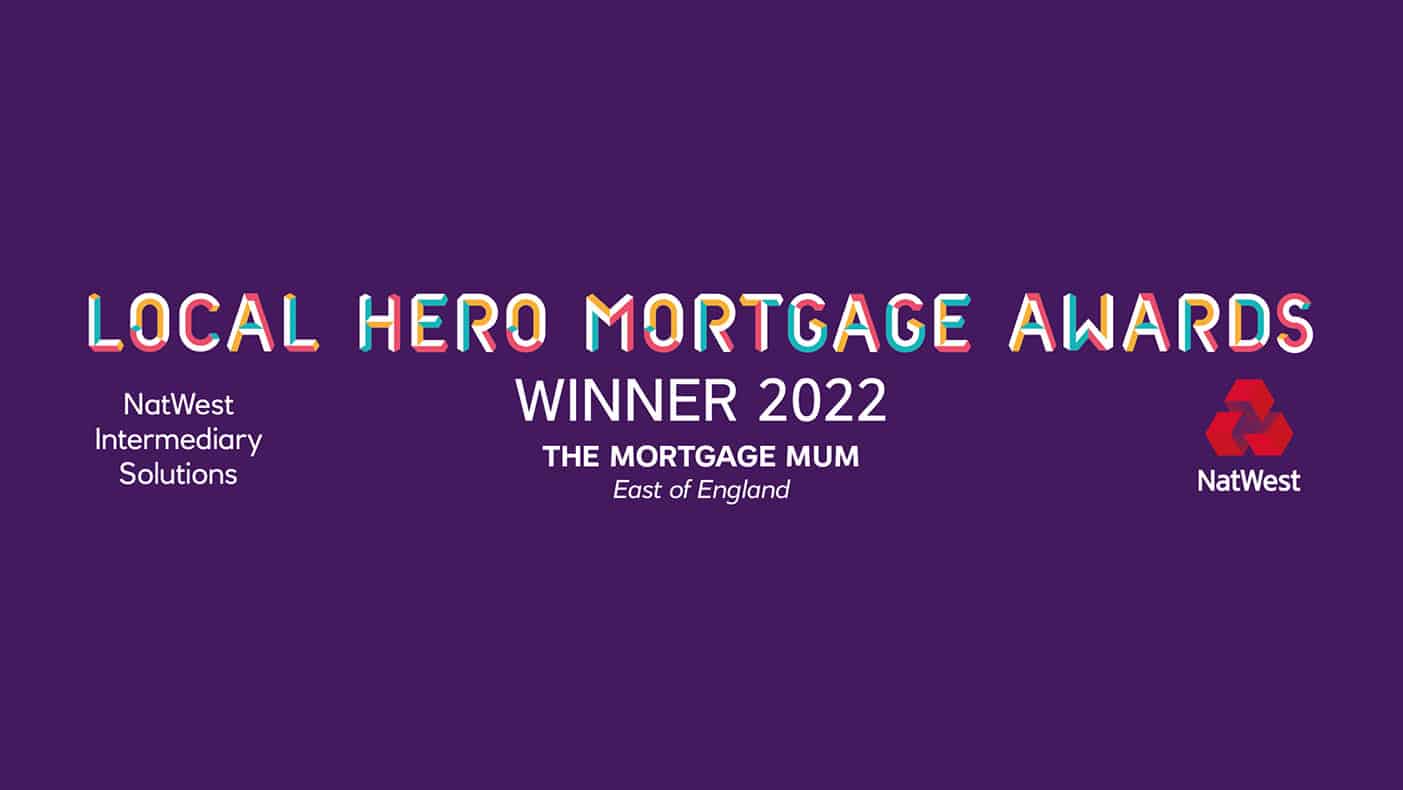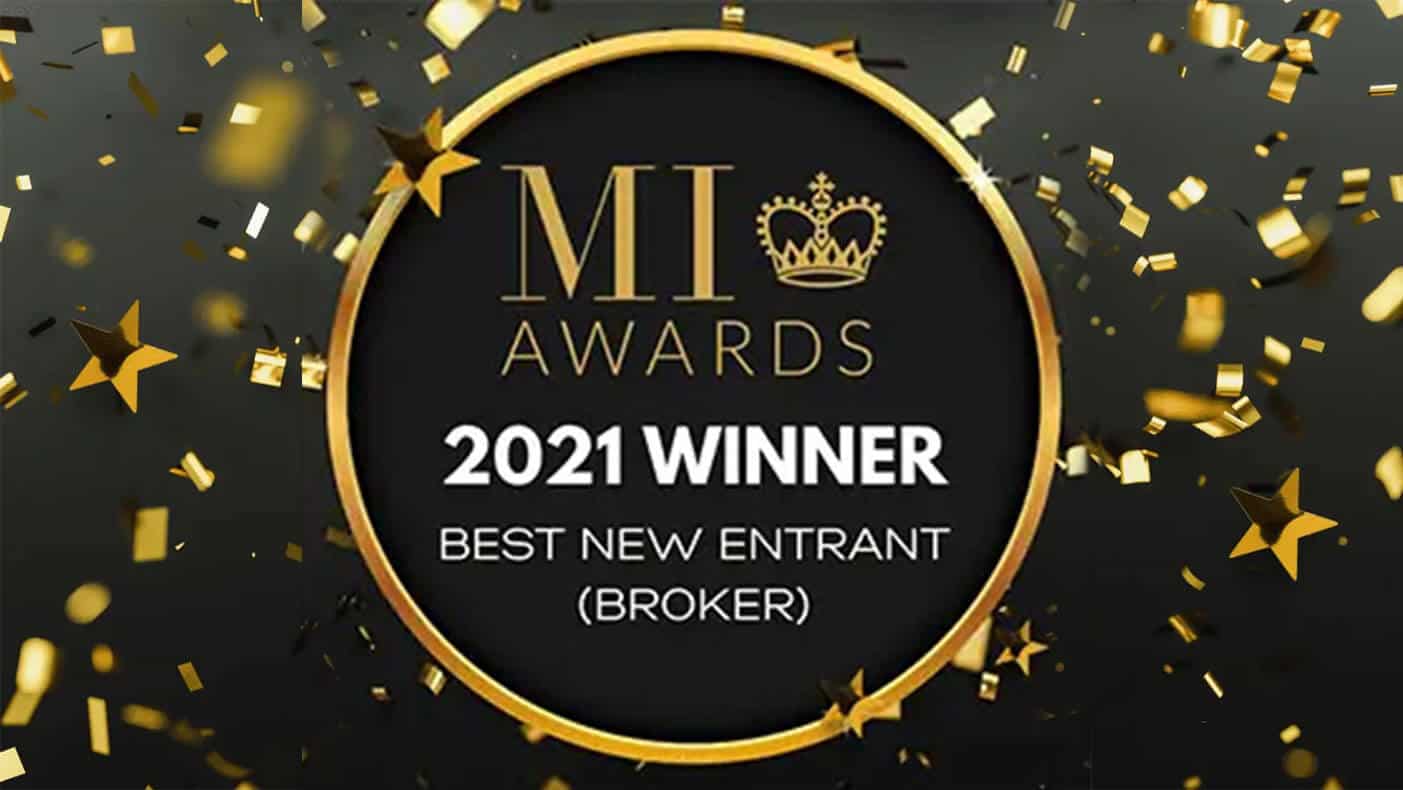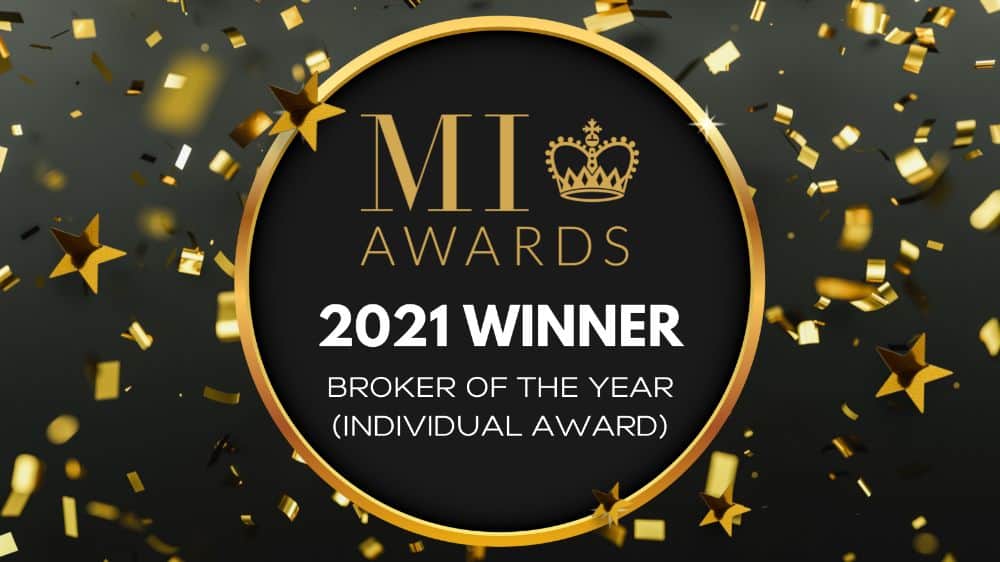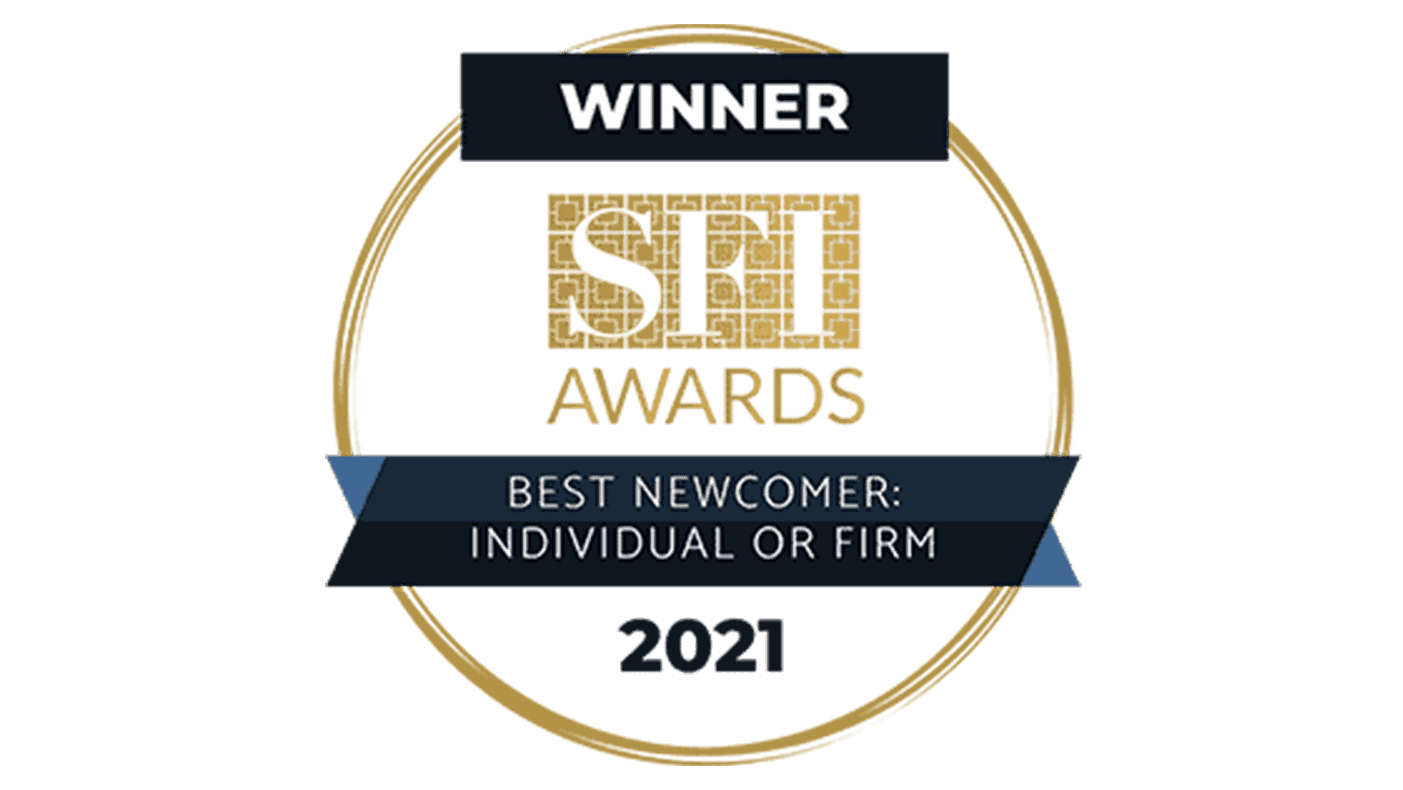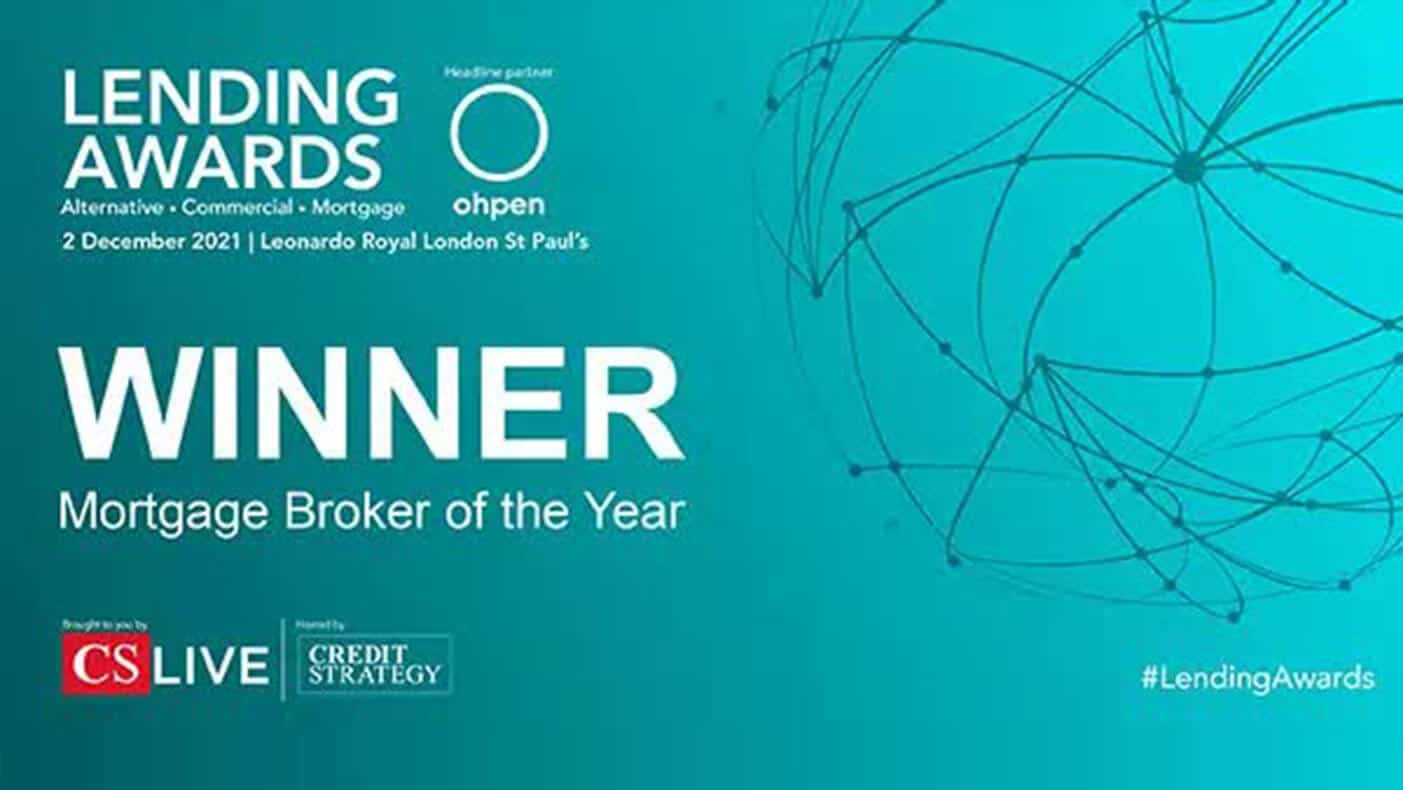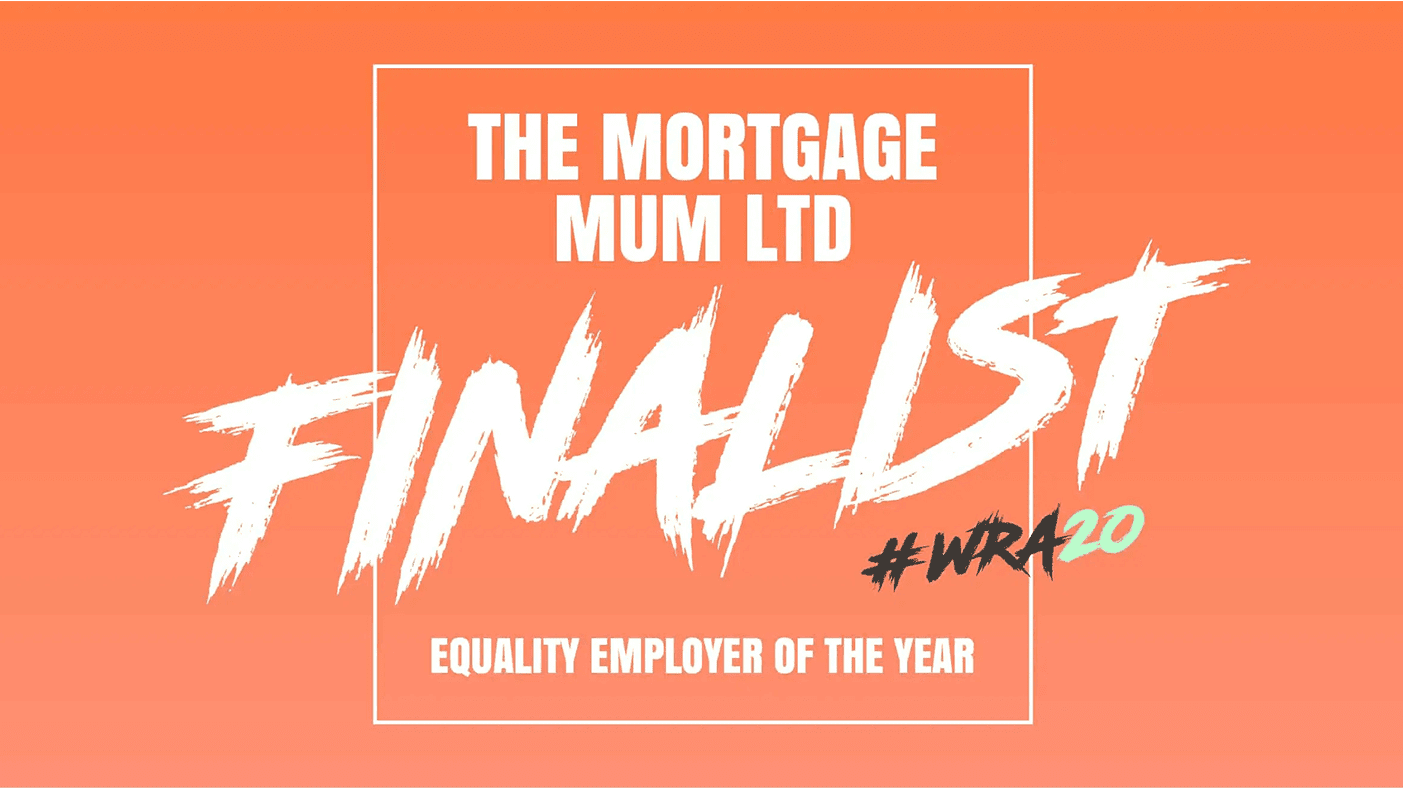Sarah Tucker: Hello, and welcome to the Mortgage Mum podcast. I’m so excited to be back – it’s been a while since I’ve been able to record an episode. This time we thought we’d try something different.
We’ve had some really great feedback from you guys as to topics that you want us to cover. So we’ve brought in the wonderful Tessa from the Lead Engine to host us on this podcast and ask the questions that you’ve been sending in.
Tessa: Thank you for that lovely introduction there, Sarah. This is quite exciting, isn’t it? We’ve got some frequently asked questions and Sarah and Charley are going to answer them on today’s episode.
Sarah: Just to introduce Charley – she’s been on the podcast before, but this is the first time we are on together, so this is exciting. Charley is Head of our New Build division. You’ll recognise her from the new build podcast that recently came out, and she’s a senior broker at The Mortgage Mum – and fabulous, as you’ll soon find out.
How does commission work for a mortgage?
Sarah: Commission is really important. It’s a part of your income and a lot of people are looking to borrow as much as they can to get the house they’re dreaming of.
Lots of people have a basic salary and the majority of their income comes from commission – if you’re an employed mortgage broker, for example. Getting a mortgage is all about track record. It’s all about making the lender feel comfortable and secure that what you’re earning is regular and will continue.
How often do you get paid commission? Is it every month, every quarter, every year? Can we use that commission to boost your affordability? Basically, the more information you can tell your mortgage broker, the better. From there, it’s our job to find a lender to give you the most money at the most suitable rate.
What counts towards income for a mortgage?
Charley: Many different income streams can boost an income for a mortgage application. An employed person may have a basic salary and commission or overtime on top of that. There can be additional benefits like a town allowance or a car allowance that we can use to supplement that income.
If you’re self-employed, salary, dividends or net profit from a company can be used towards affordability. Then there’s other income, which might not necessarily be earned income. It could be investment income, rental income or income from pensions.
Essentially, just talk it through with a broker. All the lenders have different views on which incomes they will take, at what percentage and what track record they need. But if you’ve got any type of income, there’s likely to be a lender out there who will consider it.
Are dividends classed as a type of commission?
Sarah: Not really. People who are self-employed with a limited company often pay themselves a smaller salary and then take dividends. Technically, those dividends could be made up of commission in their business. It depends what that business does.
But a lender will look at your income as a total. So your dividends, which could be commission, will form part of your annual income. Lenders will even look at the company accounts.
It really depends on that personal situation and so it sort of is, and sort of isn’t seen as commission. Dividends are income, though. What we’re talking about here is making sure you bring any income into your mortgage – and dividends are definitely in that category.
Does overtime count towards a mortgage?
Yes, most lenders will use overtime towards the mortgage. The majority of them will want to see a track record of overtime coming in. They often want to look at the last three months’ payslips and they’ll generally take an average. To make sure it’s ongoing they may also want to compare your latest P60.
So it all depends on how much overtime you do and how consistent it is. Some lenders will take more of that than others, as well. Some will take 100%, while others may take 40% or 50% of that income – it really varies.
Should I include a bonus on the mortgage application?
Sarah: Definitely. Include anything that counts as income and tell your broker. That bonus could make the difference and get you where you want to be. So tell us and we’ll come back to you with the best result. The more information you can get across on your mortgage application, the better.
How do you calculate commission income?
Charley: It varies from lender to lender. A typical lender that takes commission would want to see a history of that – typically they would take an average of the last three months’ commission and look at that as an annualised figure.
They may want to compare that to your P60 or look at your year-to-date income on your pay slip to make sure it’s consistent. They also might want to see your track record within that company – particularly if your income is quite heavy on the commission side. Some lenders won’t like it if your commission outweighs your basic salary.
What mortgage can I get on a £40k salary if my OTE is £100k?
Sarah: It’s important to caveat this – every single lender will offer you a different amount. Each one will look at your commission differently. Some of them will just take 50% of your overtime, and it’s the same with commission.
So it’s our job to find a lender that’s going to lend you the most money, based on how your income is put together. In this scenario, if you’re on a £40k salary, but your annual earnings are £100k, our first job is to find the lender that’s going to take 100% of that £100k income.
From there, the income multiple does vary. Our typical stance is 4.5 to 4.75 times that income figure. So in this scenario, that would be £450,000 to £475,000. We will find you the lender that’s going to let you borrow what you’re looking for.
What base salary do you need for an £800K house in the UK? How could my commission help?
Charley: To purchase an £800,000 house, if you’ve got a 10% deposit, you’d need a mortgage of around £720,000. Working with the loan to income we looked at before, at 4.5 to 4.75 times, you would need a household income of about £160,000.
If it’s a joint application, that means £80,000 each, or it could be one person earning that £160,000. It’s important to note that some lenders go above that 4.75 times loan to income, but every scenario is different.
They will be factoring in your outgoings as well. It’s not just about the income, it’s also the monthly repayments too on credit cards, finance and things like that.
What is the best income multiple for a mortgage?
Sarah: It does vary. I’d love to give just one figure. Generally we say 4.5 to five times income, but some lenders will lend 5.5 times income. If you’re a high net worth individual, there are even lenders that will lend six or seven times.
If you’re taking a secured loan, that can be six or seven times your income. as well. So as a mortgage broker, we need to be creative and get you the most affordability, taking everything into account.
But like Charley says, you’d have to take off any other debts or loans you may have. It’s quite hard to do it yourself, which is why brokers are here.
How else can a mortgage broker help here?
Charley: The reason we have jobs is because it’s not simple to get a mortgage. It’s not as easy as just filling in a mortgage calculator to work out how much you can borrow.
As brokers we will look at your income, but not just how much that is – the sources of it and how it’s made up. We will look at your outgoings, be that debts, childcare or cars, for example, and the property that you’re looking to purchase.
It’s not just about the value. Is it a thatched cottage? Is it a property that will be harder to place with different lenders? We gather all of that information and then get the best case scenario for you in terms of the mortgage and the amount you need with a lender that’s going to be happy with the property itself. Then, out of all the options we aim to get that as cheap as possible for you.
So many different things influence what is right for our clients. And that’s how we will help – we gather that information and do all of the legwork and research for you.
Sarah: A mortgage broker is your friend when it comes to getting the finance you need, and it’s important to pick someone you trust, that you can be really open and honest with.
There’s a lot of vulnerability in buying property and even remortgaging. A mortgage broker’s there to help you feel strong in your application and understand why you can get that mortgage and how we’re putting that together. Knowledge is power, knowledge is key.
YOUR HOME MAY BE REPOSSESSED IF YOU DO NOT KEEP UP REPAYMENTS ON YOUR MORTGAGE.












